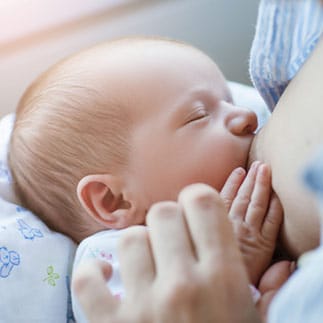Today, 4 May 2016, is World Maternal Mental Health Day, and starts a month of focused attention on the challenges of perinatal mental health issues worldwide. With 1 in 7 women suffering from postnatal depression, and 1 in 10 fathers also experiencing depressive symptoms, the effects of this illness for each individually, their relationship, and their developing child are pernicious. Another growing trend is perinatal anxiety, which affects 33% of mothers and 17% of fathers. Even though it is Maternal Mental Health Day, the impact of illness on the father cannot be forgotten, as often there is relational comorbidity – when one person is unwell, the partner can struggle too. Perinatal mood and anxiety disorders (PMAD) include other mental illnesses such as postpartum PTSD, postpartum OCD, new and recurring Bipolar Disorder and the most serious and devastating of all, postpartum psychosis. This last illness, which happens for 1 in 1000 women, causes a psychotic break with reality accompanied by hallucinations, delusions, and intrusive thoughts about the safety of mother and baby. Altogether, PMAD can bring the incidence of maternal mental illness up to 20% of new mothers in the postnatal year and is the #1 complication of childbirth.
The work I do as a birth and postnatal professional combined with my therapeutic work as a perinatal psychotherapist endows me with a broad understanding of the challenges that perinatal mental illness creates for new families. The stigma that is attached to the struggle prevents many mothers from seeking help for fear that they will be judged as bad mothers resulting in their babies being taken away. So much suffering goes undiagnosed and untreated, remaining hidden from view due to the shame that many mothers feel for not being able to embrace their motherhood. However, we know that the sooner a mother seeks professional help, the quicker she will recover, and settle into the parenting experience. This is crucial for the entire family, and especially for the infant who depends on interactions with its primary caregivers for the development of secure attachments. Parents need support to find the resources that will enable them to get the help they need. There needs to be high-quality training of professionals who can detect and refer the mother on to specialist practitioners, including psychiatric care. An integrated care pathway for restoring mental health can make all the difference in how families move forward when perinatal mental illness strikes.
This is why World Maternal Mental Health Day is raising awareness of the struggles of up to 1 in 5 mothers in our post-industrial countries worldwide. In societies where there are built-in systems of support for new parents, the incidence of postpartum disorders is greatly reduced. We need to create a ‘village’ in which mothers receive the support and care they need to make the transition to parenthood a healthy and nurturing experience for all. The kind of peer support that is growing across social media is a wonderful start for our village! Maternal Mental Health matters!
#maternalMHmatters

I hope you have enjoyed this post. Use the search bar below to find other interesting content on this site.
Post Categories









It is so important that we understand and support mothers and fathers with regards their mental health, for the sake of the healthy mental health of the infants too. If not the infants are our potential clients of the future.
So true Debs! The whole family depends on the mental health of mothers and fathers, especially the infants who need positive interactions to develop into healthy people, well attached, and socially engaged with the world.